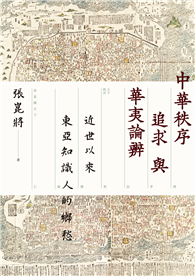The novel is a fictionalized account of the life of the infamous pirate Henry Morgan and his legendary raid on the city of Panama, often referred to as the "Cup of Gold." This historical novel delves into themes of ambition, the search for meaning, and the allure of power, all set against a backdrop of adventure on the high seas and in the Caribbean.
The story follows Morgan’s transformation from a young, ambitious boy in Wales, yearning for adventure and wealth, to a ruthless pirate who navigates the complex world of betrayal, warfare, and conquest. Steinbeck explores Morgan’s inner conflicts and moral dilemmas as he chases glory and struggles with the human cost of his pursuits.
Although Cup of Gold is less known than Steinbeck’s later works, it provides early insight into his interest in flawed characters and the human condition. The novel’s prose also reflects Steinbeck’s budding style, which he would later develop in works like The Grapes of Wrath and Of Mice and Men.
Steinbeck’s other works include Tortilla Flat (1935), Cannery Row (1945), The Winter of Our Discontent (1961), and Travels with Charley (1962), a travelogue of his cross-country road trip with his dog. In 1962, Steinbeck received the Nobel Prize in Literature for his "realistic and imaginative writings, combining as they do sympathetic humor and keen social perception."



![巴菲特寫給股東的信[2023全新增修版] 巴菲特寫給股東的信[2023全新增修版]](https://cdn.kingstone.com.tw/book/images/product/20156/2015630770320/2015630770320m.jpg?Q=2631a)





